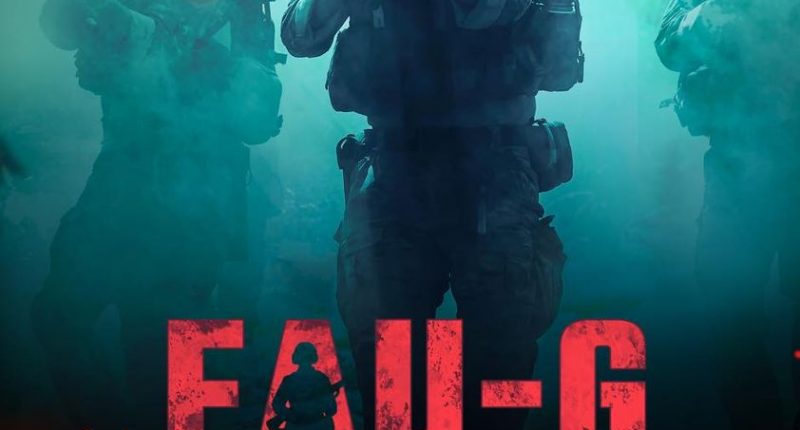Taking the Aatmanirbhar movement a little too literally, Indian game developers are already starting developments to replace the recently banned wildly (for the lack of a better word) popular PUBG. One of the early movers is a game called ‘FAU-G’, which seems to have already received noted actor Akshay Kumar’s blessings. ‘FAU-G’, or the “Fearless and United-Guards” app is currently under development, and will make its way to mobile devices pretty soon.
The announcement was made by popular Bollywood actor Akshay Kumar, who said:
This comes just a few days after PUBG mobile was banned in India, in addition to 117 other Chinese apps. The ban was sanctioned under Section 69A of the Information Technology Act, stating that the apps “are prejudicial to sovereignty and integrity of India, Defence of India, Security of State and Public Order.”
Many media houses claimed that this was in retaliation to China’s movements at the Ladakh Border, much like the TikTok ban earlier this year. Today’s announcement further solidifies India’s stand to weed out Chinese influence inside its borders.
As mentioned, FAU-G is a multiplayer action game, which will focus on not just entertainment but educational value as well, said Kumar in an instagram post. Players of the game will learn about the sacrifices of Indian soldiers, with 20% of net revenue being donated to BharatKeVeer Trust, which was set up after the deadly 2019 Pulwama terror attack on Indian soldier camps, sponsored by the Pakistan Army.
The game is being developed by Bengaluru-based nCore games which counts Indian gaming industry veteran Vishal Gondal as an investor. Not much is known about the game, including if it will feature a battle royale mode or not. However, seeing how the announcement came just in time to replace PUBG (not to mention the similar sounding title), it’s fair to assume that the game won’t be very different from the banned app.
While the announcement has created some momentum, FAU-G however will have to rapidly up its development cycle, if it intends to capture the massive market left open after PUBG’s ban. Reports and data suggest that players have quickly moved on to Call of Duty, the mobile version of which is also ironically developed by China’s Tencent gaming subsidiary, TiMi studios. In games such as these, specially with ‘Battle Royale’ modes, it is extremely complicated to get the physics right. PUBG, despite its popularity, was always in the crosshairs for its not-so-accurate game physics. Activision’s Call of Duty however, excels brilliantly in that domain.
PUBG meanwhile has already been removed from Indian versions of Google Play Store and Apple App store, and a move by telecommunication companies may be right around the corner.
